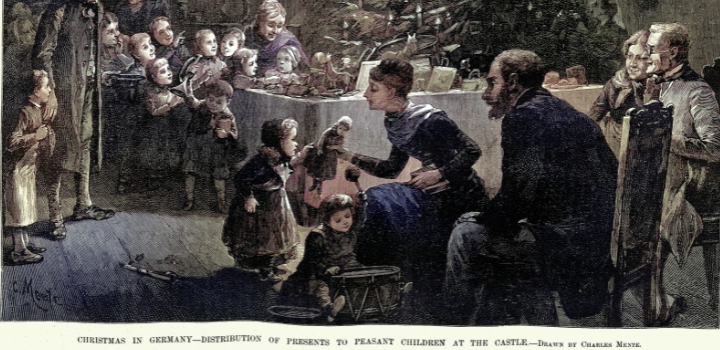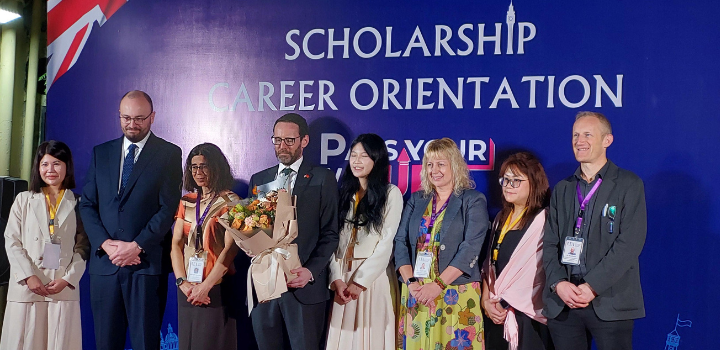Election quality around the world: new UEA Electoral Integrity Project research report released
By: Communications

A new research report on election quality around the world has evaluated the elections in Sweden, Austria and Denmark as holding contests which most empowers their citizens.
The Electoral Integrity Global Report is published each year to provide data on election quality based on expert opinion. The Electoral Integrity Project is co-directed by Holly Ann Garnett and Toby James and based at Queens University in Canada and the University of East Anglia.
The new release adds 42 new contests to the dataset based on contests held in 2023. This report explores in more detail eight key contests in 2023: general elections in Zimbabwe, Turkey, Argentina, Nigeria, and Thailand, the presidential election in Egypt, and legislative elections in the Netherlands and Poland.
As in previous years, indicators of the integrity of the campaign environment were the lowest scoring stages of the electoral cycle, with campaign finance and campaign media again at the bottom. Among the four key principles of electoral integrity, the deliberative environment likewise averaged the lowest scores. Election procedures, the vote count, and the results stages of the electoral cycle were on average the top-scoring.
The release of the data also presents a number of changes to the methodology of aggregating the overall indices – which are widely used by international policy makers and academics. This follows a move to measure electoral integrity in terms of whether elections empower citizens and deliver democracy. There are now some additional questions in the survey designed to capture whether elections achieve this. This represents theoretical work which will be published in a forthcoming book with Cambridge University Press.
The release of the report follows the 2024 Electoral Integrity Annual Workshop which took place 8-14 July 2024. More than 300 participants around the world joined the event to discuss policies and research for improving electoral integrity. This included a roundtable discussion on ‘Is 2024 the year of electoral integrity or electoral malpractice? Experts on the elections so far’ which analysed recent elections in India, Mexico, UK, South Africa and Hungary.
Related Articles

UEA and Redwings launch ‘kindness to animals’ pledge inspired by Black Beauty author
A new animal welfare pledge has been launched by Redwings and the University of East Anglia (UEA) to honour the legacy of Anna Sewell, the author of Black Beauty.
Read more
"We're all Scrooge now": What the Victorians still have to teach us about Christmas
With the cost-of-living squeezing households and charitable giving in decline, a University of East Anglia (UEA) expert says we could all learn a thing or two from the Victorians.
Read more
UEA delegation visits Vietnam to nurture partnerships
Delegates from the Schools of Social Sciences and Humanities visited Vietnam to reunite with alumni, strengthen new and existing partnerships, and support UEA’s 2030 strategy.
Read more